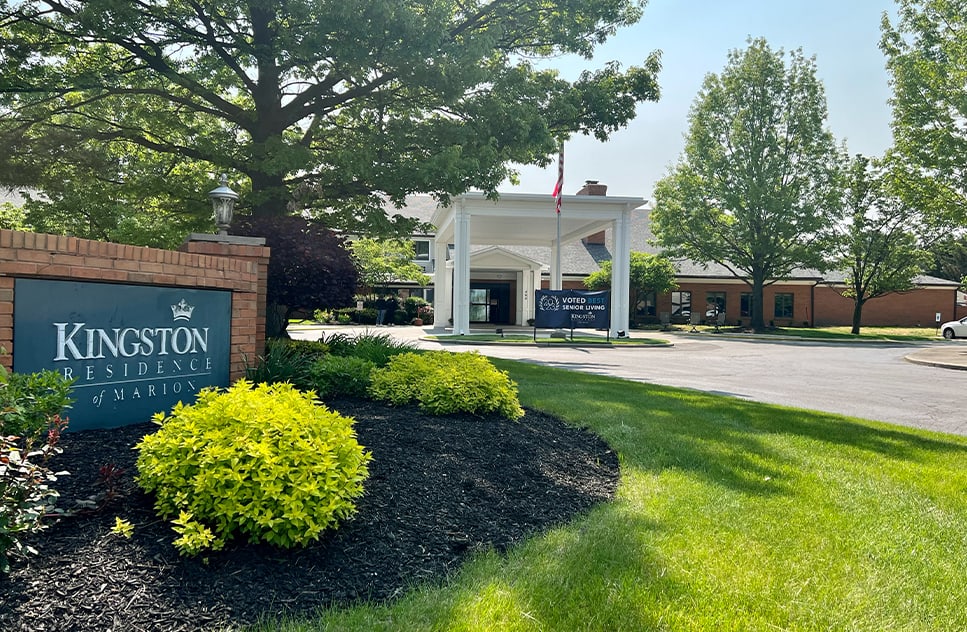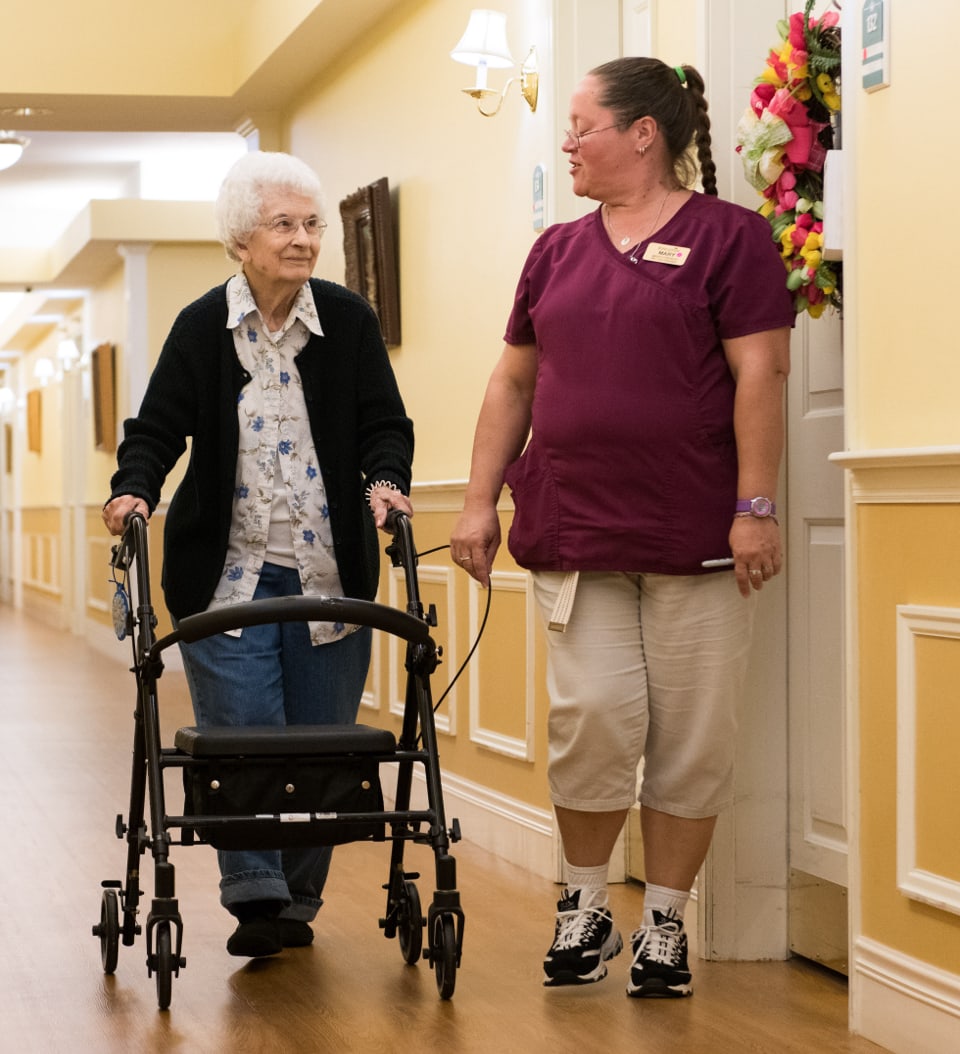Independent living communities are a popular choice for seniors across the country, offering a way to enjoy every day doing the things they love in a place to call home. However, age can pose unique challenges, and there may be a point where your loved one starts to need some help with their daily activities. If this is the case, it’s time for assisted living.
It’s important to be patient, kind, and supportive—both for yourself and your loved one. Try to maintain open communication, and remember to visit often. This can all help make the transition from independent to assisted living much easier.
What Is Independent Living?
For many seniors, homeownership can be extremely rewarding. However, it comes with its own share of stresses as well. Constant maintenance, repairs, utilities, cleaning—it adds up over time.
This is when independent living is ideal. It offers a place for seniors to enjoy being part of a community. They can free themselves from the burdens of home ownership and enjoy a simpler and maintenance-free lifestyle—all in a place rich with convenient amenities and services designed to make life easier.
Independent living is popular for seniors looking to simplify their lifestyle. Rather than worry about the constant home upkeep, seniors can spend every day pursuing their passions in a community that supports them in all their endeavors.
What Is Assisted Living?
Sometimes, the natural aging process can pose unique challenges that make some everyday activities a little more difficult than before. Mobility and joint pain become a problem, and tasks like shopping, cooking, cleaning, and personal care can become more challenging.
When this is the case, assisted living is an excellent choice. This is a special type of long-term senior living designed for older adults who want to stay independent where possible but need a hand here and there. Whether your loved one needs help with personal grooming, bathing, or housekeeping, assisted living can help.
These communities create customized care plans to meet your loved one’s needs and offer a wide range of services and amenities designed to make every day unique. It’s an incredible way to help your loved one maintain their independence and dignity without compromising their quality of life.
When Is It Time for Assisted Living?
So how can you tell when it’s time for assisted living? Try to keep an eye out for signs that your loved one is starting to struggle. Look for the following signs:
- Frequent falls or accidents
- Difficulty managing medications
- Noticeable weight loss or poor nutrition
- Increased isolation or loneliness
- Trouble performing daily tasks like bathing or dressing
- Worsening chronic health conditions
These are all indications that it’s time for a change and that independent living may no longer be ideal. Remember—assisted living isn’t about losing their independence. Instead, it’s about finding a balance between personal autonomy and the right level of care.
Easing the Transition to Senior Living
To ease your loved one’s transition to senior living, you’ll need to be patient. It’s going to take your loved one some time to get used to their new situation, so make sure you’re being supportive and listening to their concerns.
The following methods can help make the process enjoyable and run smoothly.
Open Communication
It all starts with how you communicate. Make sure you’re speaking to your loved one often, asking them how they’re feeling, and addressing any concerns they may have. Look at things from their point of view, and try to alleviate their worries where you can.

It can be difficult to accept that you need help, and your loved one is likely experiencing some conflicting feelings. Involve them in the decision-making process wherever possible and make sure you’re actively listening to what they say. This can help keep a clear and honest line of communication open when they need you most.
Personalize Their New Space
After your loved one moves to the community, try to make their new space feel as homey and comfortable as possible. Help them bring familiar items from their previous home, such as family photos, favorite books, or treasured keepsakes. This can help ease the transition and remind them of the memories they’ve created throughout their life.
You could also work with the assisted living community to personalize their room with familiar furnishings and decorations. This can create a sense of familiarity and comfort in their new surroundings.
Visit Often
Regular visits play a crucial role in helping your loved one adjust to their new living arrangement. Familiar faces can provide a sense of comfort and continuity, bridging the gap between their old routine and their new environment.
During your visits, engage in activities they enjoy, such as:
- Sharing stories and updates about recent events
- Going for a walk together
- Exploring community events and amenities
Sometimes, a simple conversation can make all the difference in the world. These moments of connection can strengthen the bond with your loved one and reassure them that they’re still an important part of your life.
The Value of Assisted Living
At the end of the day, the most important thing you can do is to be there for your loved one. Remember: assisted living is designed to help your loved one when they need it the most.
Here at Kingston Residence of Marion, we’re here to help you and your loved one through this transition. Our community can provide the care they need and help them maintain their dignity and quality of life.
Schedule a tour with us today, and let’s work together to give your loved one their future home.






